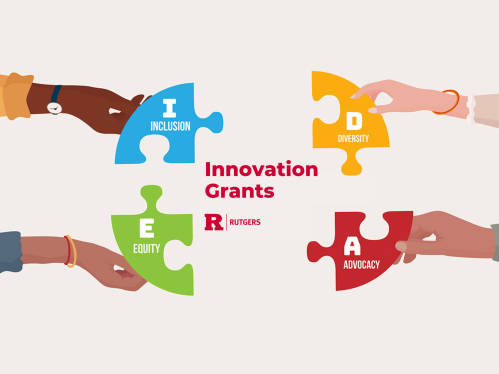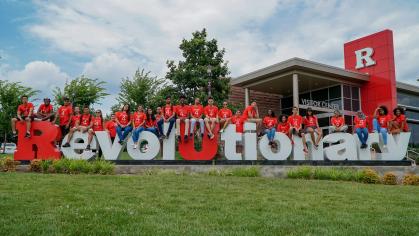
Build and retain a university community that more closely reflects the state of New Jersey, paying particular attention to access and equity gaps in the success of underrepresented populations among students, faculty, and staff.
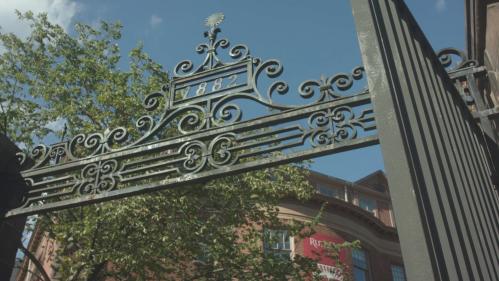
Rutgers University–New Brunswick adopted a phased approach to diversity strategic planning to enable substantial engagement with stakeholders that were critical to defining specific strategies and activities that would support the implementation of the action steps.
For an interactive reading experience, click below. Download an accessible PDF version of Phase 2 of the Rutgers–New Brunswick Diversity Strategic Plan here.
Launched on February 21, 2024, Phase 2 reflects a balance of brevity and definition, outlining how the New Brunswick campus community will work to achieve its diversity goals.

Build and retain a university community that more closely reflects the state of New Jersey, paying particular attention to access and equity gaps in the success of underrepresented populations among students, faculty, and staff.
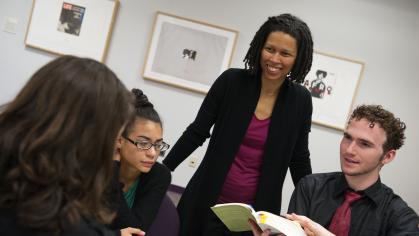
Equip individuals with the cultural competencies necessary to engage with others in ways that foster dialogue, enable understanding, and promote resilience when conflict occurs, attending especially to the role of leadership.
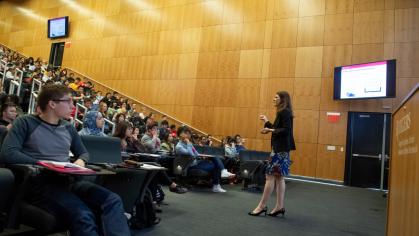
Promote inclusive teaching practices and engagement with diversity, equity, inclusion, and justice in the curriculum, as well as in scholarship, research/creative works and public engagement.
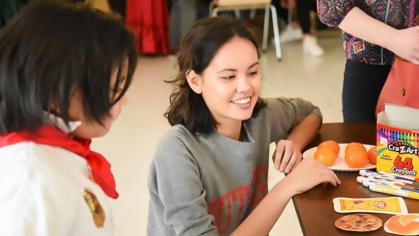
Marshall the universities’ core activities of teaching, research, and engagement in service of the public good promoting the institutional commitment to the community on and off-campus.

Ensure that university systems, policies, and procedures promote equity, facilitate diversity goals, improve clarity, provide transparency, and enhance accountability.

High-level reflections from the New Brunswick DSP Working Group, the representative group composed of leadership, faculty, students, and staff that informs how the work of implementation is shaped.
One early commitment was to define a transparent, representative, and participatory structure for campus engagement to guide implementation. To accomplish this aim for such a large and diverse campus community, three groups provide oversight. Check out Phase 2 of the plan to learn more.
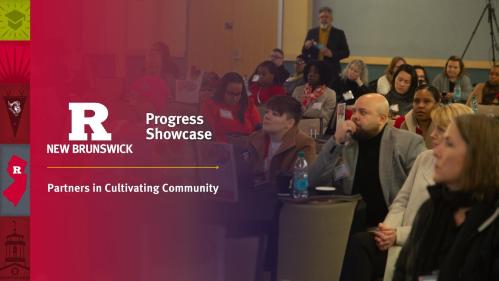
Phase 1 of the Rutgers–New Brunswick Diversity Strategic Plan shared high-level, cross-cutting goals and action steps that were identified to guide early actions and investments.

Learn more about new and ongoing initiatives that help forward Rutgers–New Brunswick's diversity goals.
A signature Rutgers–New Brunswick program designed to make college more accessible and affordable, offering a "last dollar" financial aid award that covers the cost of in-state tuition and mandatory fees.
A three-day, high-impact experience open to first-generation, low-income, and/or underrepresented incoming and transfer students to connect with peers, faculty, and staff to build support and become a successful student scholar.
A team of Rutgers–New Brunswick senior faculty leading interactive faculty discussions focused on understanding implicit biases in evaluation processes and offering evidence-based practices to promote inclusive faculty searches.
Relaunched in 2021, the TCC is a campus resource that promotes understanding and engagement on issues related to diversity and bias prevention, increasing the capacity of the campus community to engage across differences.
Scarlet Day of Service is a campus-wide day-long service event at Rutgers–New Brunswick held in both the fall and spring semester. Over the years, this event has provided students and alumni an opportunity to serve New Jersey by cleaning up communities, revitalizing outdoor spaces, working with youth and older adults, and more.
The Paul Robeson Cultural Center, the Center for Latino Arts and Culture, the Center for Social Justice Education & LGBT Communities, and the Asian American Cultural Center come together to form the Cultural Center Collaborative. Learn how they create a welcoming and holistic learning environment through initiatives like the Diversity Peer Educators (DPEs) program.
The Academic Master Plan will serve as the roadmap for Rutgers–New Brunswick’s future, clarifying strategies to accomplish the university’s academic mission in its pursuit to be a national leader among institutions of higher education that exemplify excellence in inclusive research, pedagogy, and service toward the common good.
The Inclusion, Diversity, Equity, and Advocacy (IDEA) Innovation Grant Program in New Brunswick has four goals:
